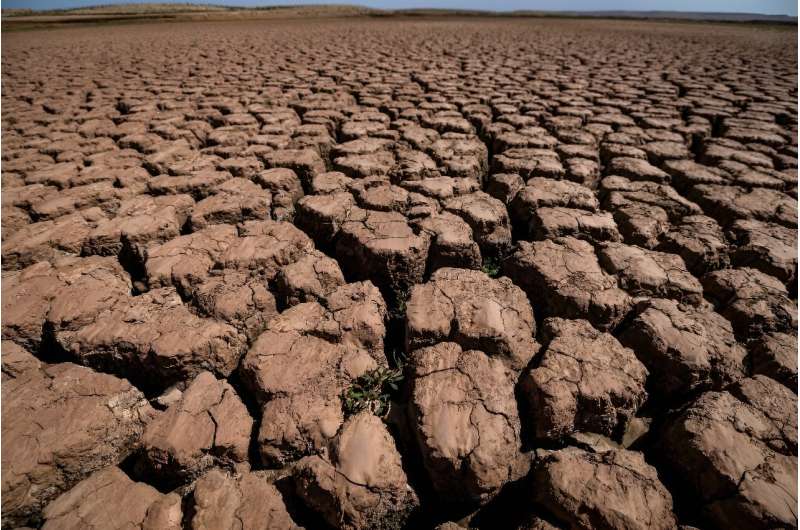
The annual State of the Climate report by the UN weather and climate agency confirmed preliminary data showing 2023 was by far the hottest year ever recorded.
And last year capped off “the warmest 10-year period on record”, the World Meteorological Organization said, with even hotter temperatures expected.
“There is a high probability that 2024 will again break the record of 2023”, WMO climate monitoring chief Omar Baddour told reporters.
The WMO said that last year the average near-surface temperature was 1.45 degrees Celsius above pre-industrial levels—dangerously close to the critical 1.5-degree threshold that countries agreed to avoid passing in the 2015 Paris climate accords.
“I am now sounding the red alert about the state of the climate,” Saulo told reporters, lamenting that “2023 set new records for every single climate indicator”.
One especially worrying finding was that marine heat waves gripped nearly a third of the global ocean on an average day last year.
And by the end of 2023, more than 90 percent of the ocean had experienced heat wave conditions at some point during the year, the WMO said.
In Switzerland, where the WMO is based, Alpine glaciers lost 10 percent of their remaining volume in the past two years alone, it said.
The Antarctic sea ice extent was also “by far the lowest on record”, WMO said.
The maximum area at the end of the southern winter was around one million square kilometers below the previous record year—equivalent to the size of France and Germany combined, according to the report.
The dramatic climate shifts, it said, are taking a heavy toll worldwide, fueling extreme weather events, flooding and drought, which trigger displacement and drive up biodiversity loss and food insecurity.